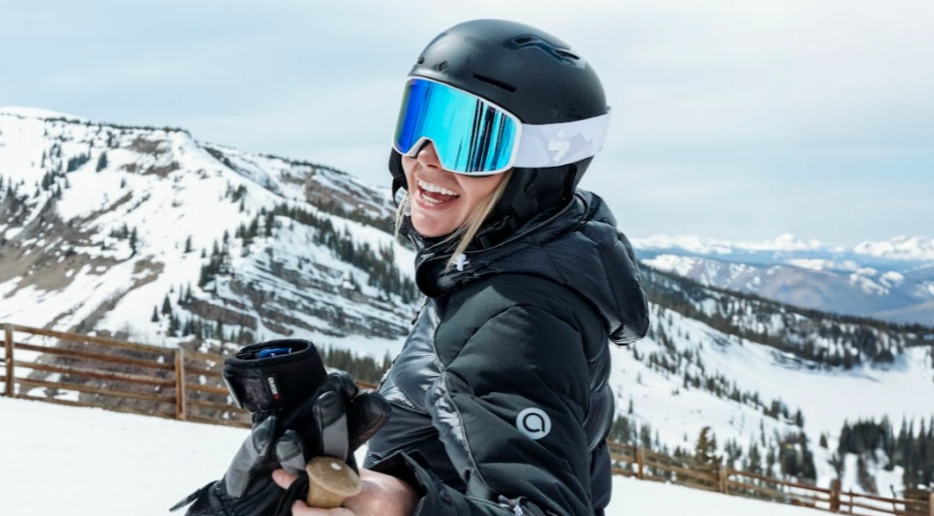When your skis are tuned to perfection, and you have mastered your drills, there should be nothing between you and ski racing success, right? But, sometimes you have a bad ski race and sometimes a top result comes out of nowhere. How big of a role does psychology play in your ski racing?
See the Big Picture
Remember the old adage about seeing the forest for the trees? A bad race or a frustrating training day can feel world-ending. We all know (or have been!) the ski racer crying after a bad race. This is when it’s important to look at the big picture. Sure, every race, training day, or gym session counts. But, looking from a 10,000-foot view is much more important. Think about the big picture—where were you a year ago? What about the year before that? What have you learned, gotten better at, or otherwise succeeded in?
Setting goals to reflect on throughout the season can help you keep the big picture in mind. You can still find success working on your non-results-oriented goals when you have a bad race.
Getting in the Zone is Magic, But Have a Backup
Flow is a mental state in which one is so hyper-focused that everything else falls away. Being “in the zone” or a flow state is magic. It’s total focus and control. Flow feels like every move slows down to precision—you know exactly what you are doing and what you need to do next. This absolute focus melts away all other thoughts; your mind goes quiet. It’s magic.
Unfortunately, you can’t count on being able to tap directly into a flow state for ski races. Getting into a flow state isn’t always easy, especially when demands like worry and fear creep in. Instead of relying on a flow state, you can practice some mental tricks to approach flow and ignore worry, doubt, and fear: training mindfulness, arousal regulation, positive self-talk, and routine help. Headspace has a selection of meditations specific to sports. Creating and using a solid warm-up routine is a security blanket for your ski race.
Ski Racing Psychology is Not Magic
You spend months in the gym building muscle, getting strong and fast for skiing. You spend years working on your ski racing technique—slapping gates, focusing on drills, and learning technical cues. Mental training for ski racing is the same: you need to practice regularly and deliberately to improve.
There is a lot of sports psychology advice out there and no one-size-fits-all prescription. That’s okay. It’s easy to get overwhelmed with so much advice to choose from. Focus on working through the various techniques—something will work for you. Even if you try a psychology practice that isn’t a fit for you, you will have opened your mind to a new idea or way of processing, which is always a good thing!
Emotions are Psychology
Feeling and understanding your emotions can make or break your ski race. Some emotions will help you ski fast; some will knock your ski boots out from under you. Being present with your emotions can help you be in control of them. Emotions like inspiration, excitement, and pride will help you ski faster. Emotions like fear, frustration, and worry will slow you down. Mindfulness practices help you tune into your emotions so you can give them space and acknowledgment without allowing them to be overbearing. You can also learn to steer your emotions towards those that help you ski well.
Don’t Worry About Being the Best
Being THE best is unattainable and abstract—it’s not a goal. Instead, focus on being YOUR best. Do the extra set in the gym, skip the junk food before your race, and practice the mental training that helps you. When you focus on being your best, you will follow through with the little things that add up to success instead of hoping for some unknown, thus unattainable goal.
Ski racing psychology is a process, just like ski racing itself. Lean into long-term gratification. Set and strive for little goals, and incorporate ski racing psychology practices into your regular training.
Remember that each race and each day as an athlete is like a tree in the forest. Everything matters a little, but it’s the whole picture that counts.



Leave a Comment
You must be logged in to post a comment.